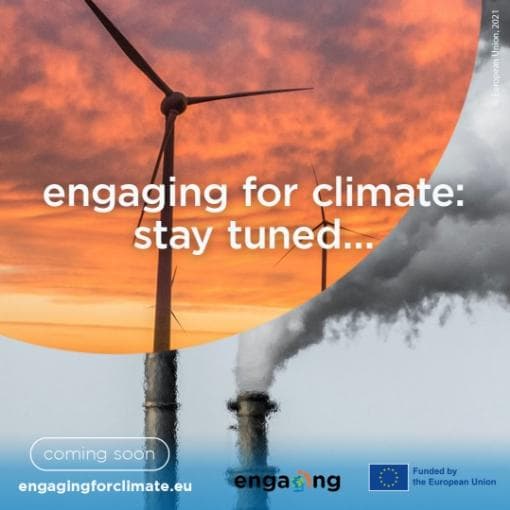Critical Thinking in the Context of Climate Change
Our project provides a (multiple-choice) test to assess critical thinking skills in the context of climate change, as well as accompanying learning materials. We aim to cultivate responsible global citizenship, raising awareness and enhancing understanding of climate issues. The increased knowledge should empower to make informed decisions that positively impact the environment.


(Self-) Evaluation Test
Our online self-evaluation test is designed to assess your critical thinking skills and knowledge related to climate change. The test consists of a series of questions that prompt you to reflect on your understanding of climate change, its causes, impacts and solutions. Once you have completed the test, you will receive instant feedback generated by the system, including your results and suggestions for further readings based on your performance. This test is a valuable tool for individuals seeking to improve their critical thinking abilities and deepen their understanding of climate change, empowering them to make informed decisions and take action towards a sustainable future.

Conceptual Knowledge on Climate Change Materials
Our teaching materials for conceptual knowledge on climate change provide a comprehensive understanding of the scientific and social aspects of climate change. These materials offer a structured approach to teaching about climate change, with interactive activities, case studies, and resources that enable students to understand the underlying concepts and principles. The accompanying teacher guide offers support to educators in designing lesson plans and facilitating workshops, summer schools, and in-service trainings. These resources are ideal for both new and experienced teachers seeking to incorporate climate change education into their teaching practice, feeling more prepared teaching this topic and enabling them to equip their students with the knowledge and skills needed to tackle this pressing global issue.

Critical Thinking Materials
Our teaching materials for critical thinking on climate change are designed to guide students through the process of analyzing and evaluating information related to climate change. These materials are tailored specifically to the context of climate change education, and include interactive activities, case studies, and resources that encourage students to engage critically with this complex issue. A teacher guide and the teaching materials for critical thinking on climate change supports teachers and educators in designing lessons and implementing critical thinking activities in class, workshops, summer schools, and in-service trainings. These resources are ideal for both new and experienced teachers seeking to incorporate critical thinking in the context of climate change into their teaching practice, feeling more prepared teaching this topic and enabling them to empower their students to become informed and engaged global citizens.
Partners
Project partners of the European Union funded project „ENGAGING“ are the TU Dresden, the University of Innsbruck, the Ruhr-University Bochum and the KU Leuven.






